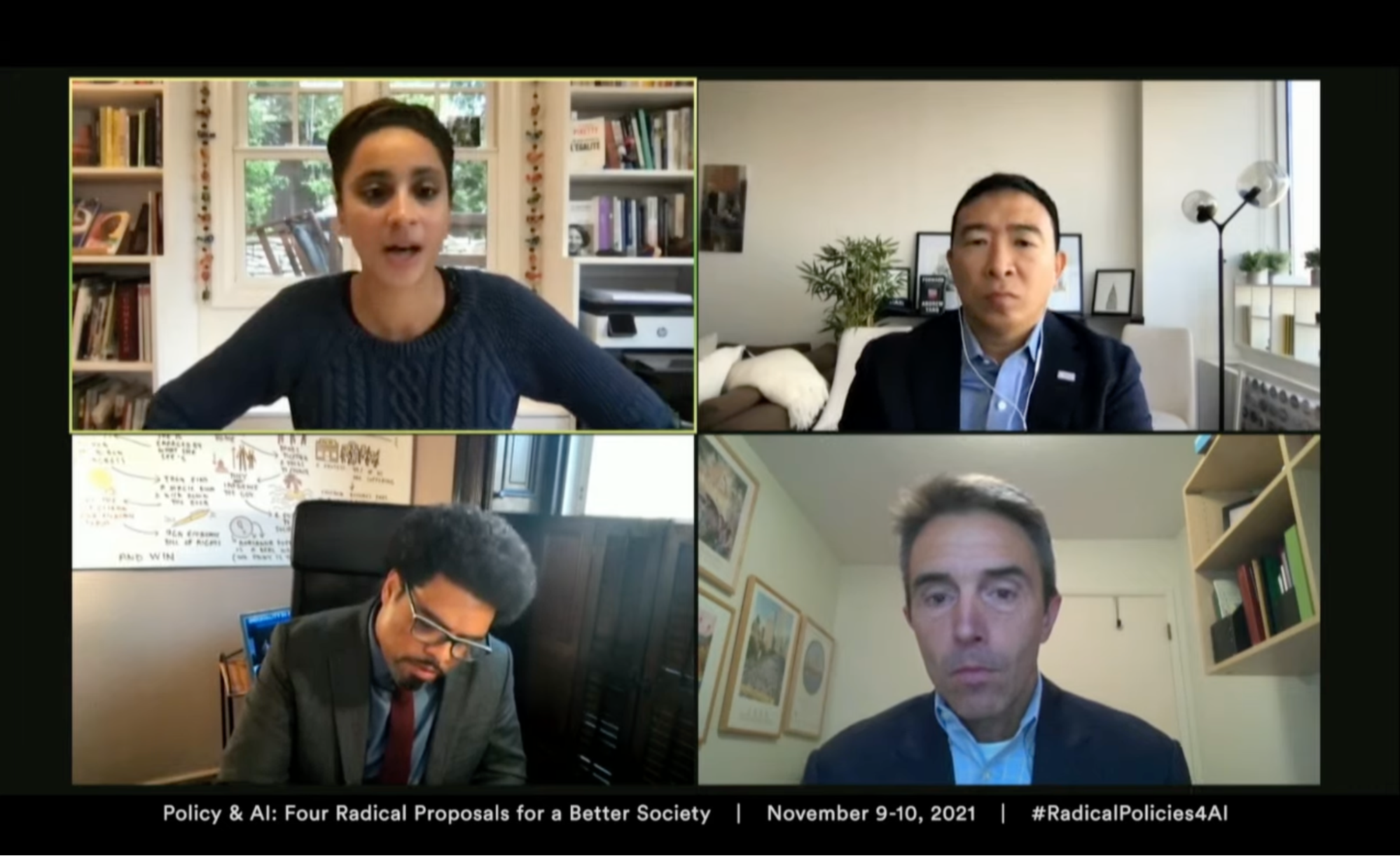One of Silicon Valley entrepreneur Andrew Yang’s policies when running for president in 2020 was based on the idea that giving every American adult $1,000 per month would address job eliminations spurred by technology and automation — a theory driven by a concept known as universal basic income (UBI).
In response to the current situation where many Americans in need cannot receive money due to problems related to filing tax returns, Yang said last month that UBI payments would help the economy grow and narrow the wealth gap. One of the central highlights of UBI is its simplicity, said Stanford philosophy professor Juliana Bidadanure.
“It makes things simple and lets people get what they need,” she said. Unconditionality is also an important feature of the policy, she said, as it would apply equally to every American adult.
However, Stanford economics professor Mark Duggan said that “no policy is without cost,” adding that there are a lot of Americans who do not need the money. Instead of giving the same amount of money to all citizens, Duggan said he would be inclined to instead support a more targeted policy that benefits “the truly neediest,” such as those with disabilities or with serious health issues.
Darrick Hamilton, an economics and urban policy professor at The New School, said he agreed with Duggan’s preference for targeted policies, adding that UBI “dilutes the benefits for people at the bottom by giving it to everyone.” He also said that UBI might be intrinsically “inflationary”: when the money is given to someone with a low income, they will most likely use it for most basic needs, but when it is given to someone rich, they can make investments with it — further intensifying the wealth gap.
Duggan also argued from an economic perspective that UBI could disincentivize people from working. Hamilton, however, said that although this was true in theory, “in the real world, providing additional income actually motivates people to work more.”
The $3 trillion annual cost of UBI is also a big concern to Duggan. That money is not just “sitting around,” Duggan said. “It’s going to leave debts to our kids.”
But with UBI, people can “pursue opportunities and serve their needs as people,” Yang said.
